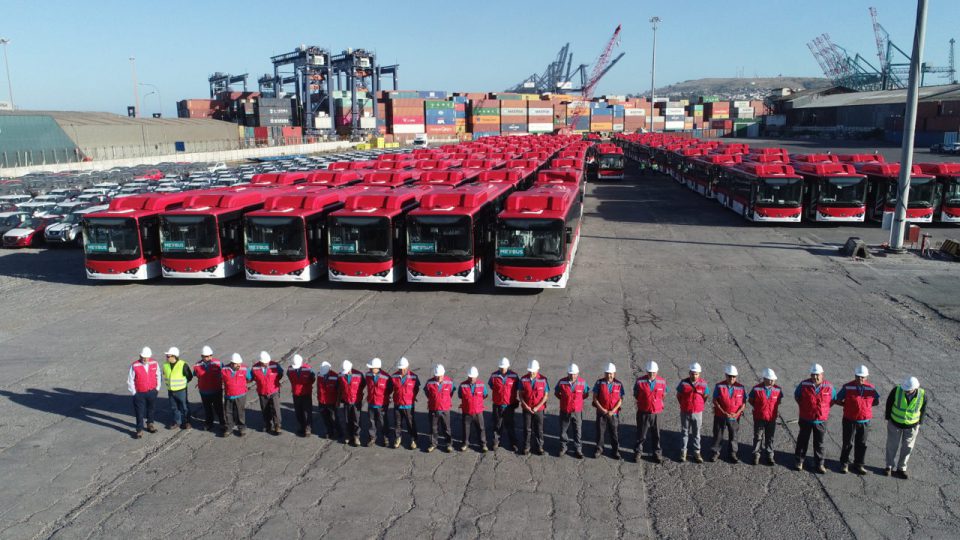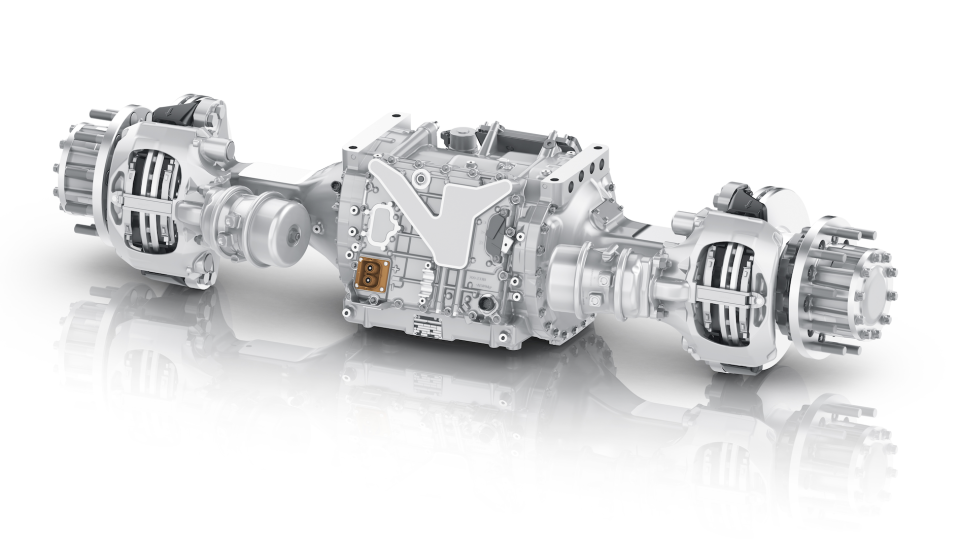BYD launches new Blade Battery and announces plans to sell it to other EV producers
BYD puts safety issues in the spotlight with the launch of the new battery system called ‘Blade Battery‘, a development set to mitigate concerns about battery safety in electric vehicles. The Chinese group, that before being one of the main electric bus manufacturer in the world is a battery manufacturer and producer of electric cars and […]
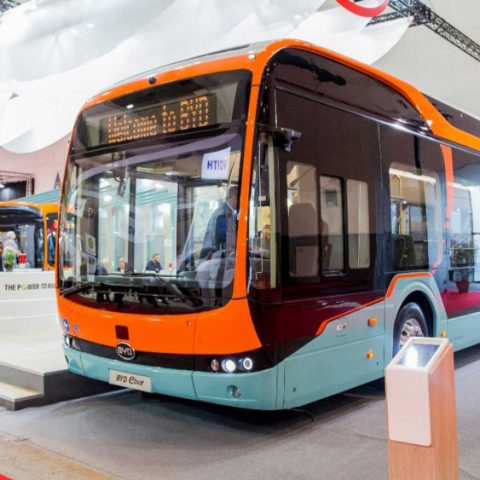
BYD puts safety issues in the spotlight with the launch of the new battery system called ‘Blade Battery‘, a development set to mitigate concerns about battery safety in electric vehicles.
The Chinese group, that before being one of the main electric bus manufacturer in the world is a battery manufacturer and producer of electric cars and other commercial vehicles (as well as, since a few weeks, facemasks), showcased the new product during an online event.
He Long, Vice President of BYD and Chairman of FinDreams Battery Co, said in this occasion that other vehicle brands are discussing with BYD the supply of Blade Battery for their vehicles. He underlined that BYD will gladly share and work with global partners to achieve mutually beneficial outcomes for all industry players.
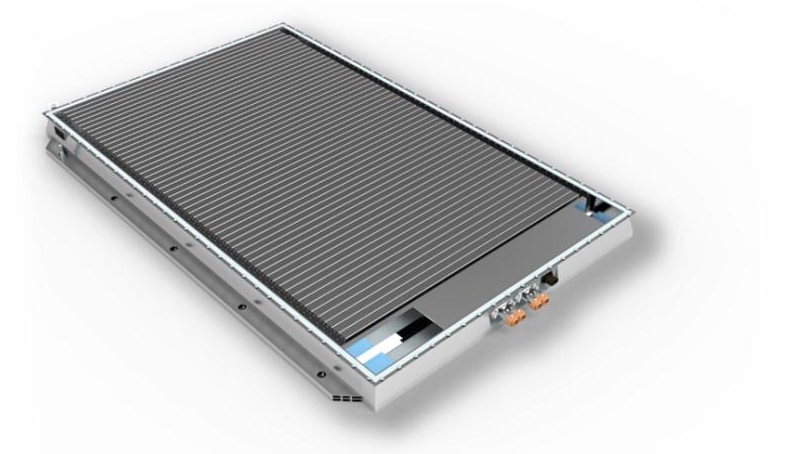
BYD Blade Battery, space utilization is increased by 50 %
The Blade Battery has been developed by BYD over the past several years. The singular cells are arranged together in an array and then inserted into a battery pack. Due to its optimized battery pack structure, the space utilization of the battery pack is increased by over 50% compared to conventional lithium iron phosphate block batteries, BYD points out.
While undergoing nail penetration tests, the Blade Battery emitted neither smoke nor fire after being penetrated, and its surface temperature only reached 30 to 60°C, reports the manufacturer. Under the same conditions, a ternary lithium battery exceeded 500°C and violently burned, and while a conventional lithium iron phosphate block battery did not openly emit flames or smoke, its surface temperature reached dangerous temperatures of 200 to 400°C. This implies that EVs equipped with the Blade Battery would be far less susceptible to catching fire, even when they are severely damaged.
Blade Battery, first on BYD Han EV car
BYD informed that the Blade Battery also passed other extreme test conditions, such as being crushed, bent, being heated in a furnace to 300°C and overcharged by 260%. None of these resulted in a fire or explosion.
The new fire-resistant battery will be mounted first on the passenger car Han EV, whose launch is scheduled for June. It is not specified if the new battery will be adopted also on some bus application.
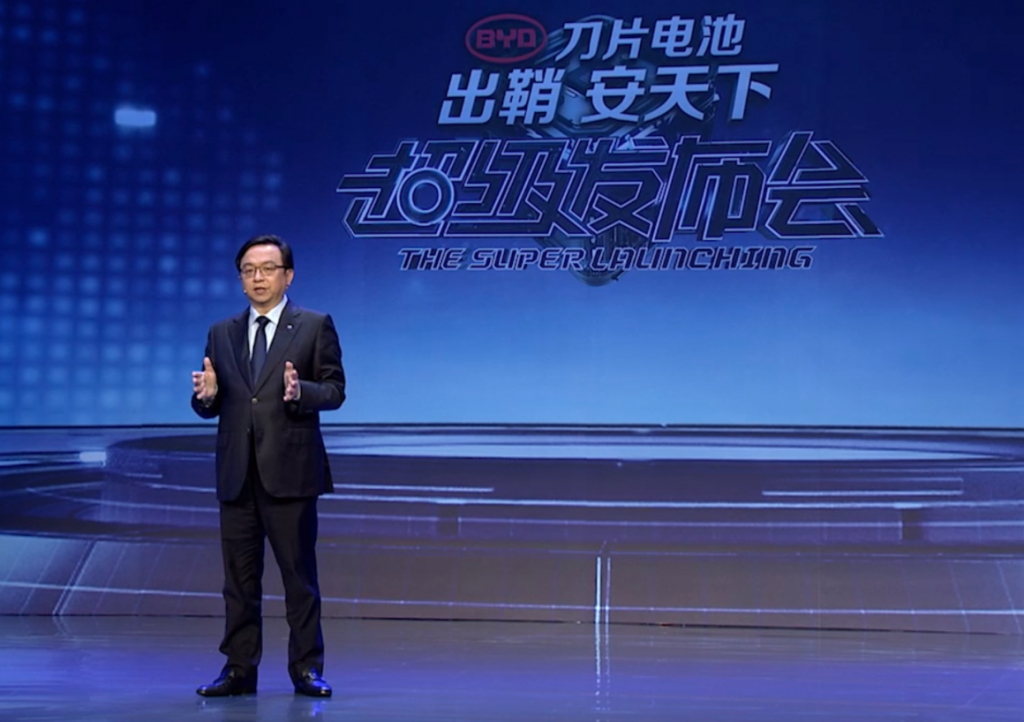
Safety at the forefront with BYD Blade Battery
According to BYD, the focus of customers on energy density, in order to achieve ever-greater cruising range (as widely known, range remains a key issue for electric buses), has lead to the sidelining of safety issues from power battery development. In this frame, BYD’s Blade Battery aims to bring battery safety back to the forefront, a redirection from the industry’s tenuous focus on this crucial aspect, still quoting BYD press release.
Wang Chuanfu, BYD Chairman and President, said that the Blade Battery reflects BYD’s determination to resolve issues in battery safety while also redefining safety standards for the entire industry.
He Long, Vice President of BYD and Chairman of FinDreams Battery Co., Ltd., covered four distinct advantages of the Blade Battery including a high starting temperature for exothermic reactions, slow heat release and low heat generation, as well as its ability to not release oxygen during breakdowns or easily catch fire.
“Today, many vehicle brands are in discussion with us about partnerships based on the technology of the Blade Battery,” said He Long. He added that BYD will gladly share and work with global partners to achieve mutually beneficial outcomes for all industry players.




